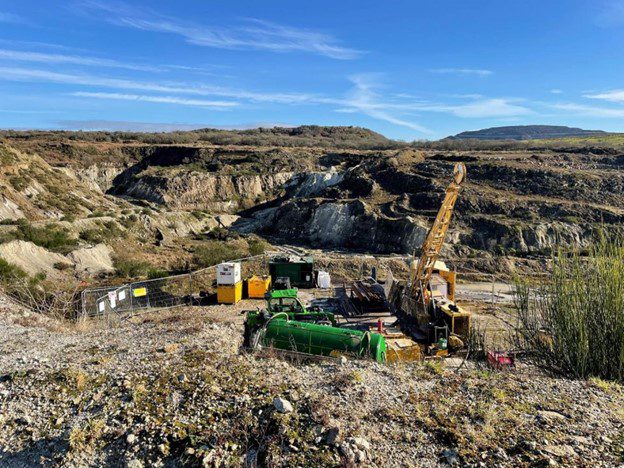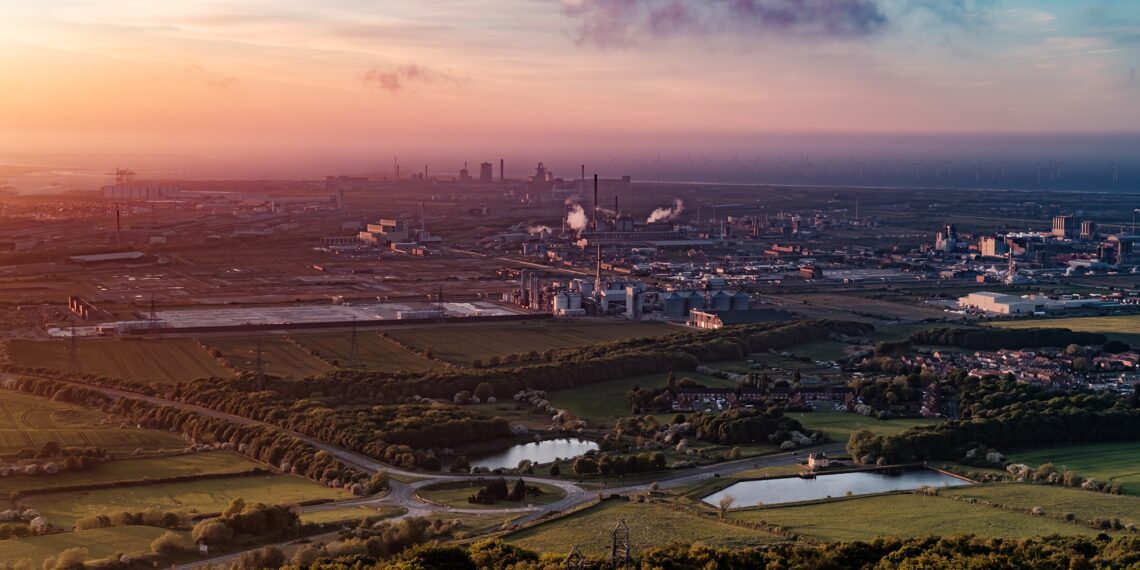Several of Britain’s post-industrial communities are in line to benefit from the ongoing “energy transition” over the next decade, thanks to major investments from a number of private and listed companies. The firms include mining explorers, battery manufacturers, and rare earths producers, all of which could provide employment opportunities in regions hit hard by deindustrialization, while helping the UK to achieve its decarbonization goals.
Decarbonization is fast becoming big business. A recent Economist article noted that global investment in the energy transition last year was US$500 billion, twice as much as in 2010. Last week, the UK government announced that it will develop 5 GW of low-carbon hydrogen by 2030 as part of its highly anticipated hydrogen strategy. While details are yet to be finalized, the government said that the country’s hydrogen economy could be worth £900 million and create over 9,000 jobs by 2030, rising to 100,000 jobs and an industry value of £13 billion by 2050.
A new northern powerhouse
For much of its recent history, Northern England has been synonymous with heavy industry, whether it be coal mining in County Durham, textile production in Lancashire, or chemical production in Teesside. However, the vast majority of the area lost its heavy industry in the latter part of the 20th and early 21st centuries. In some places, signs of this loss are still apparent today.
To give some perspective, in 2019, the North East region had the lowest GDP per capita in the country: £24,096. Compare this with the second highest in the UK, the South East, which had a GDP per capita of £35,631 in 2019, and the difference becomes stark.
However, the current scenario may be set to change. Recently, Northumberland County Council gave the go-ahead for the creation of a £2.6 billion gigafactory owned by battery manufacturer Britishvolt, which will employ 3,000 people and create enough lithium-ion batteries for 300,000 electric vehicles by 2027. Britishvolt’s chairman, Peter Rolton, told the BBC in July that “the gigaplant will bring with it much need [sic] employment, totally regenerating the area.”

Further down the coast, ASX-listed Peak Resources (ASX: PEK) has established a rare earths refinery in the Teesside area of North Yorkshire. The company has pledged to invest over US$120 million and the refinery will create more than 120 jobs. Importantly, Peak Resources’ facility marks part of a wider effort to distribute global supply chains away from current market leaders China and secure independent supplies of critical minerals.
Another company that could help Britain secure its own supply chains in the future is Pensana (LSE: PRE). The company plans to establish sustainable rare earth production at the Saltend Chemical Park in East Yorkshire by “building the world’s first sustainable magnet metal supply chain to meet the burgeoning demand from EVs and offshore wind”.
Lithium from Britain’s ancient mining region
At the other end of the country, in Cornwall, Cornish Lithium is exploring disused tin and copper mines for battery grade lithium, both from mica minerals within the underlying granite and from the associated geothermal waters. The company’s strapline, “A New Dawn for the Energy Transition”, clearly positions it on the side of decarbonization. Rhetoric aside, Cornish Lithium could also spell a new dawn for the fortunes of local people if exploration can transform into production in the coming years.

Cornwall, traditionally a rural county perhaps more famous for its popularity as a holiday destination, is one of the UK’s least productive regions and has an unemployment rate of approximately 4.0%, 0.6 percentage points below the UK rate. Yet Cornwall has always had a rich mining heritage – one that stretches back to the Bronze Age and continued until the end of the 20th Century. But today, with its economy highly dependent on tourism, this far-flung corner of England suffers from a lack of economic diversification. If lithium production takes off in the county, long-term employment opportunities should follow.
The UK was the first country in the world to industrialize and, on one hand, this legacy is a source of national pride. But on the other hand, Britain set in motion the current carbon economy and was, arguably, the first major contributor to the climate crisis we now all face. If these green energy projects – and others like them – can push the country further towards decarbonization and create sustainable jobs in areas where they are needed most, it will be a win-win for communities, the environment, and the country as a whole.












